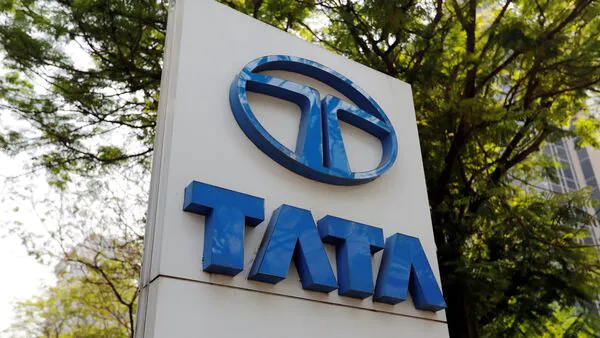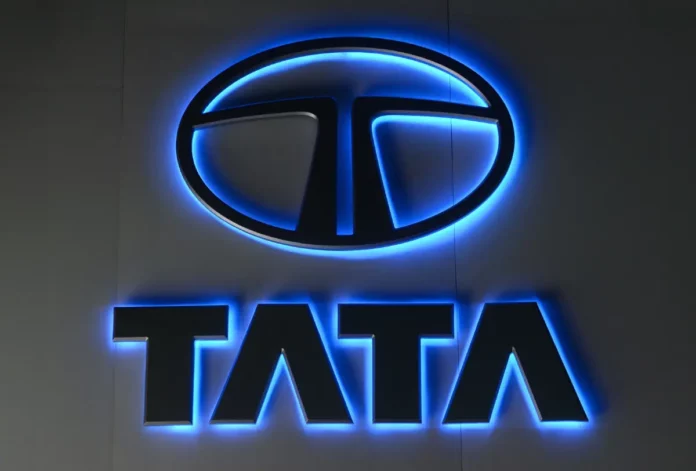Tata Motors does not seem to be in a rush to raise money for its EV division, Tata Passenger Electric Mobility, even if the Production Linked Incentive (PLI) Scheme profits are probably coming shortly. The biggest EV manufacturer in the nation is currently well-capitalized, having raised US$ 1 billion of the US$ 2 billion intended investment in its EV company. This is a result of growing scale, declining battery costs, and the likelihood that PLI benefits will cover between 13 and 18% of vehicle expenses.
Furthermore, Tata Motors’ EV division has already achieved EBITDA break-even (not including product investment). PB Balaji, Group CFO of Tata Motors, stated that increasing volumes, this is probably going to turn EBITDA positive (including product development cost) in the upcoming quarters.

What are Tata Motors’ officials saying?
Bajali noted that Tata Motors’ acquisition of the Sanand facility in Gujarat “at a competitive rate, Balaji said” was another factor that was helpful. We were able to control some of the lower-end spending thanks to this. All things considered, we have plenty of funding. There are currently no plans to raise cash there, and he said, “I don’t see any emphasis on that.”
We are operating a portion of our company that was funded in a previous fundraising round. Balaji provided further details on their funding plan during the Q3 FY24 earnings call. PLI incentives, which the company will begin accruing next year, would make up the remaining amount. “We should start receiving the money next year as the certification from the Automotive Research Association of India (ARAI) is coming through.”
The carmaker had stated in 2021 that it intended to raise US$ 2 billion to finance its electric vehicle wing. In exchange for an 11–15% ownership, it raised US$1 billion from TPG Rise Climate, valuing the company at a respectable US$9.1 billion.
Morgan Stanley was purportedly tasked by Tata Motors to find investors early in FY24, but the negotiations broke down. Additionally, following 2021–2022, the US Federal Reserve raised interest rates, which raised concerns about a potential global economic slowdown and caused a stir in the larger fundraising market.


